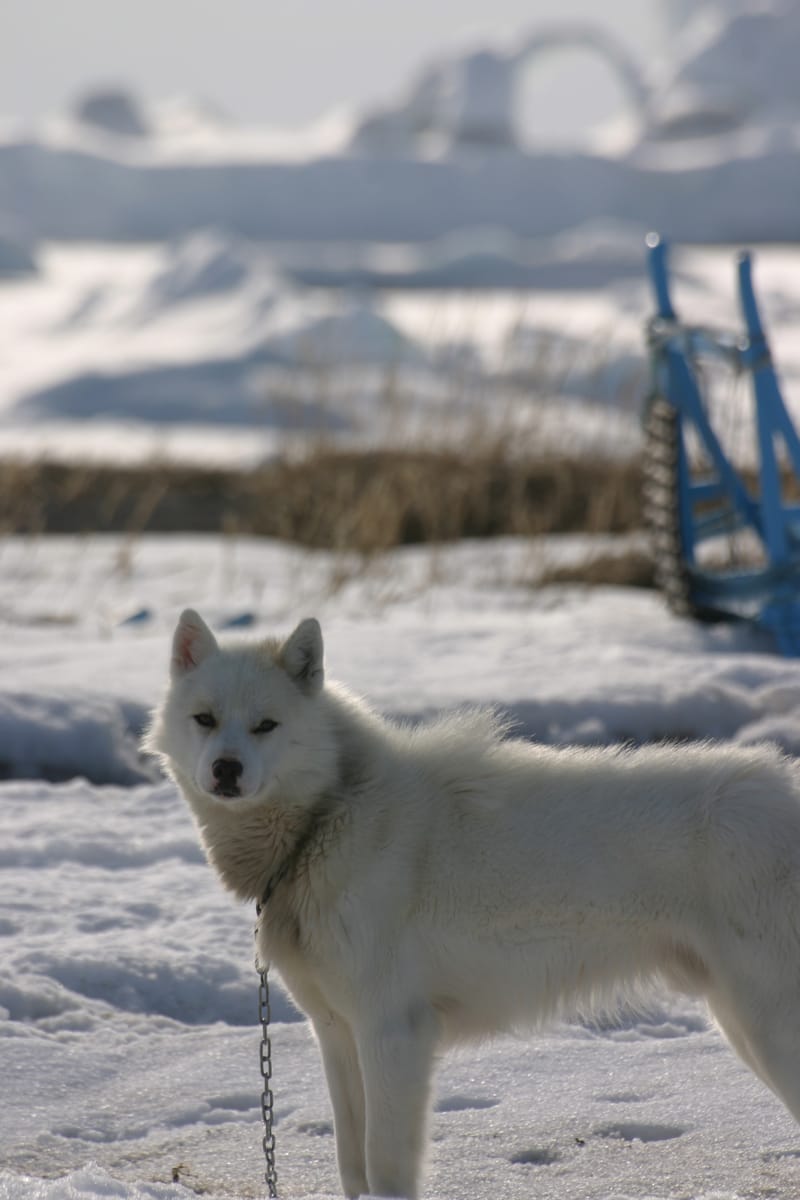Culture and Climate

Culture can play a significant role in shaping human development, particularly in the context of climate. Here are a few ways in which culture can impact human development in different climates:
Adaptation: Culture can influence how people adapt to their environment, including their response to changing climates. For example, different cultures may have developed different forms of shelter, clothing, and food storage techniques to help them cope with the demands of different climates.
Knowledge transmission: Culture plays a role in transmitting knowledge and skills from one generation to the next. This can include information on how to survive and thrive in different climates, such as which foods are most nutritious and how to obtain them, as well as techniques for growing crops and caring for livestock.
Social organization: Culture can shape the way people organize themselves into communities, which can have a significant impact on their ability to cope with changing environmental conditions. For example, cultures that encourage cooperation and sharing of resources may be better equipped to handle the challenges posed by harsh climates.
Economic systems: Culture can also shape economic systems, which can have a profound impact on human development. For example, cultures that emphasize trade and exchange may be better equipped to deal with the demands of changing climates than cultures that rely on self-sufficiency.
In conclusion, culture can play a significant role in shaping human development, particularly in the context of climate. Cultural practices and traditions can shape the way people adapt to and cope with their environment, and can help to promote resilience in the face of changing conditions.
